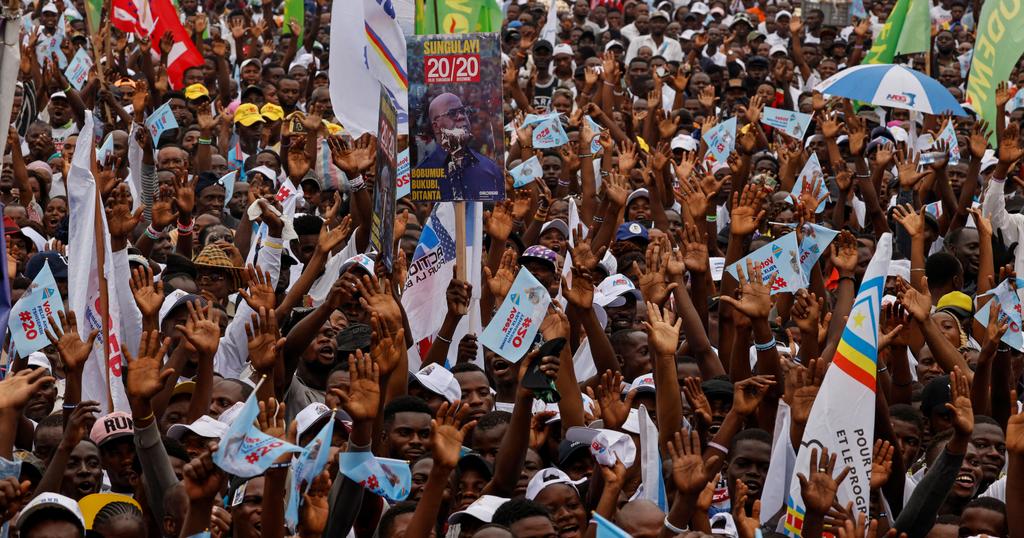Longevity, influence and the social media trap: Who do we trust with our health?
In a world where six-pack abs are flaunted more than six-point health plans, who are we really trusting […]

A report on democratic timelines across 165 countries around the world has revealed, amongst others, that sub-Saharan Africa, experienced regression in democracy, with the biggest regression being recorded in Latin, Caribbean, Middle East, and North Africa.
The Economist Intelligence Unit’s Democracy Index, titled "Democracy Index 2023; Age of Conflict," indicated that in 2023, Sub-Saharan Africa witnessed a significant democratic decline, with its regional average score dropping from 4.14 in 2022 to 4.04.
Over 40% of the 44 countries covered in the region experienced a decline in their scores (18), while 17 stagnated, and nine showed improvement. The most substantial and sustained deterioration was observed in West and Central Africa, primarily due to a wave of military coups in the Sahel region.
The sub-Saharan African countries that emerged at the top included Mauritius, ranking number 20 globally under full democracies, with a change in rank of 1; civil liberties rank of 8.2; and government functioning rank of 7.86. followed by Botswana under the flawed democracies category, ranking 33 with a change in rank of -1, a civil liberties rank of 8.53, and a government functioning rank of 6.79. Cape Verde followed in rank at 35 with a change in range of 0, a civil liberties index of 8.53, and a government functioning index of 7.0. South Africa and Namibia followed at a rank of 47 and 57, respectively.
Further, the report highlighted that East African Community (EAC) partners have either maintained stagnant or regressive governance and democratic ideals. Kenya and Burundi's democracy indices remained unchanged at 5.05 and 2.13, respectively, in 2023, 2022, and 2021. Uganda experienced a marginal increase, rising to 4.49 from 4.48.
Surveys indicate that public dissatisfaction with political systems and poverty have contributed to the support for or acquiescence to military takeovers, particularly in West and Central Africa.
Generally, out of the 167 countries and territories covered, 74 are classified as democracies. The count of "full democracies" remained stable at 24, while "flawed democracies" increased from 48 in 2022 to 50 in 2023. The index classifies 34 countries as "hybrid regimes," combining elements of formal democracy and authoritarianism, and 59 as "authoritarian regimes." These classifications offer valuable insights into the diverse state of democracies worldwide, reflecting a nuanced global landscape of political systems.

In a world where six-pack abs are flaunted more than six-point health plans, who are we really trusting […]

In the era of social media, post-COVID, and with mental health at the forefront, a shift is taking […]